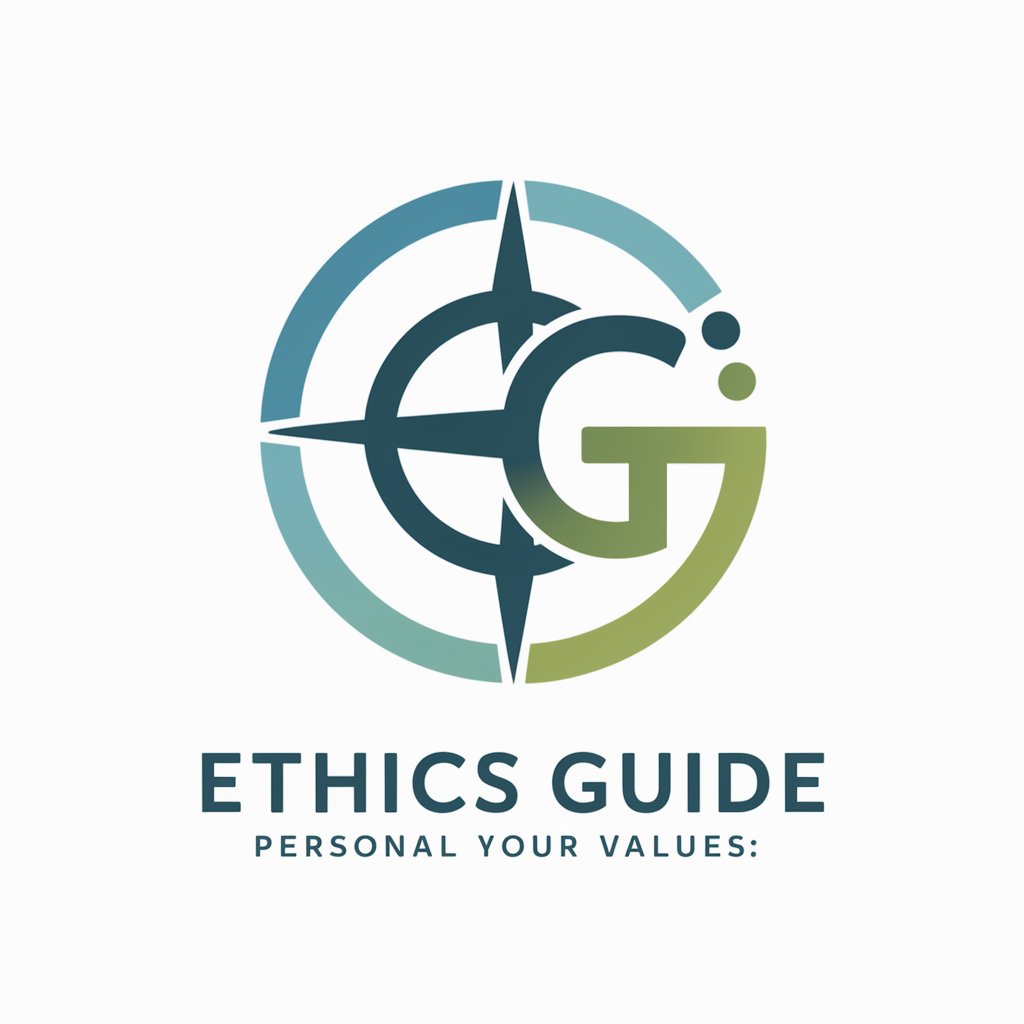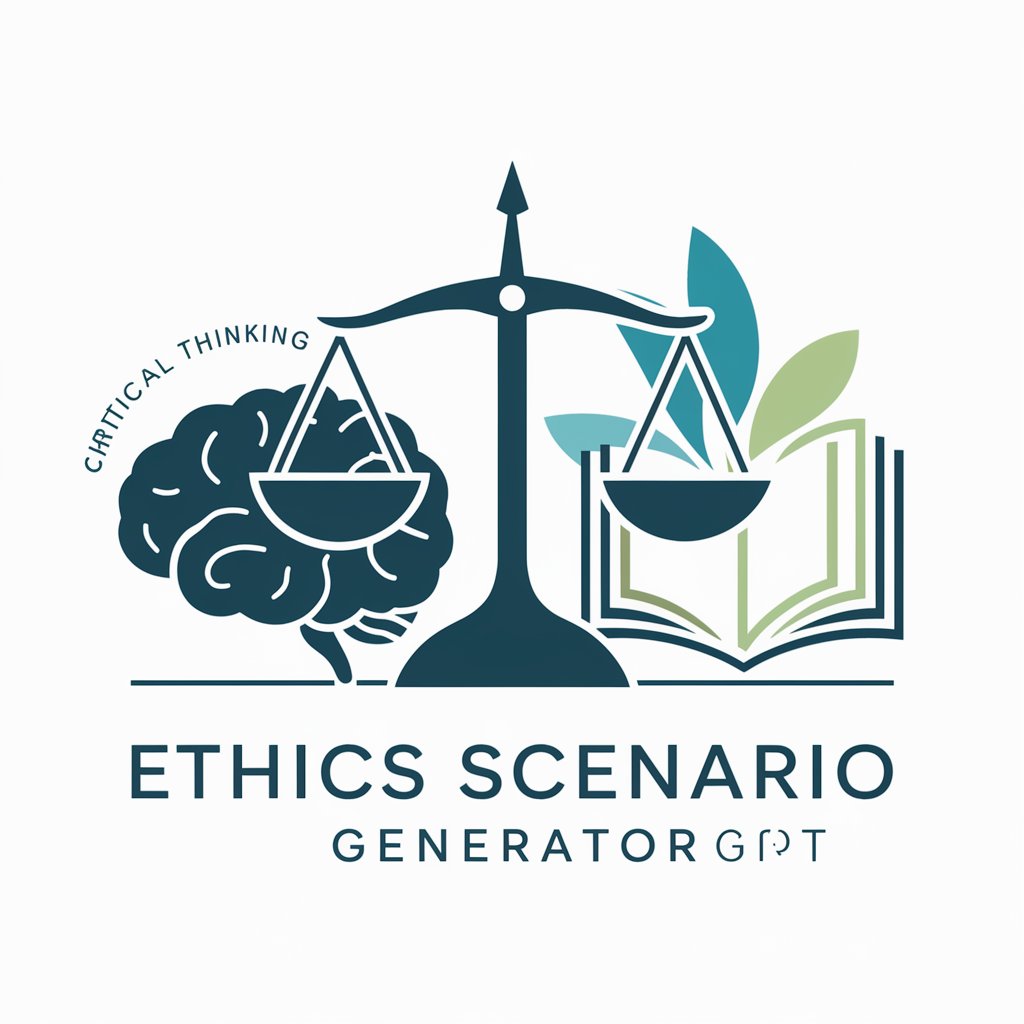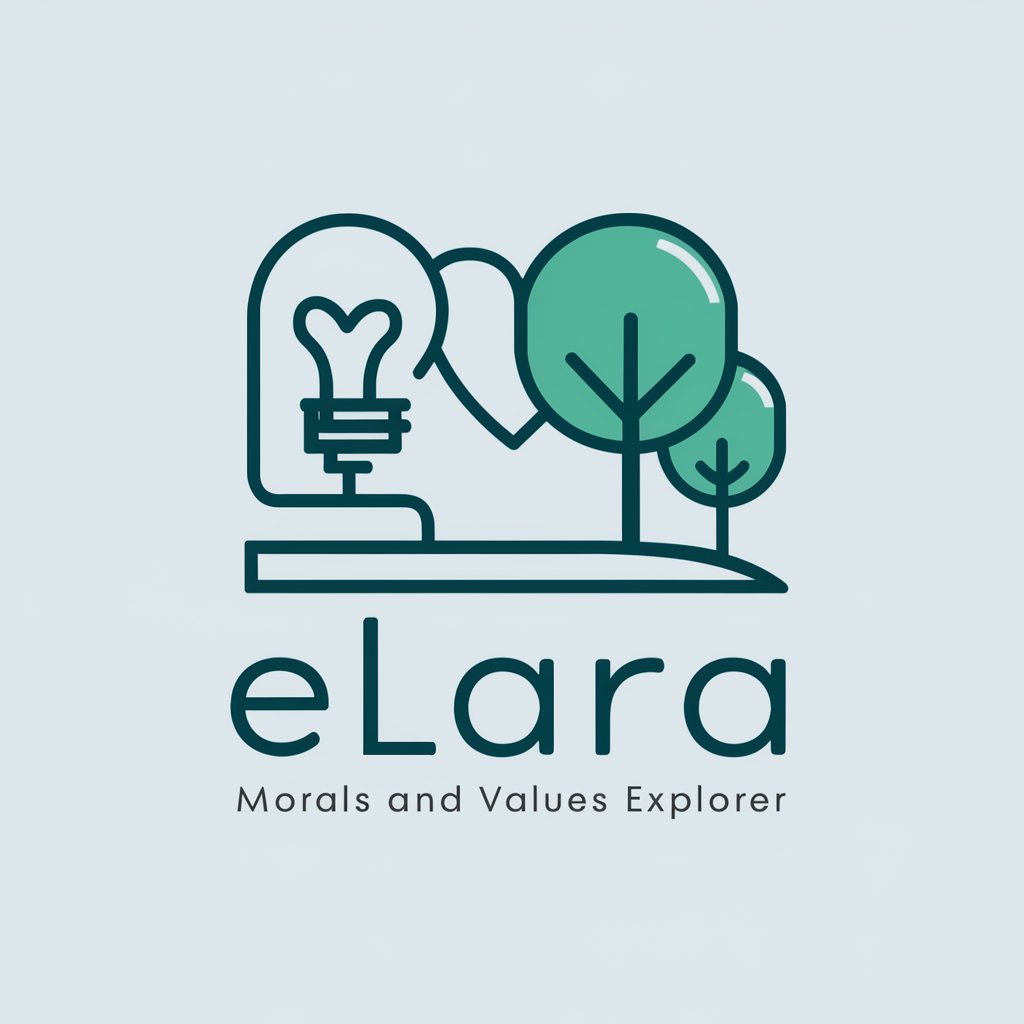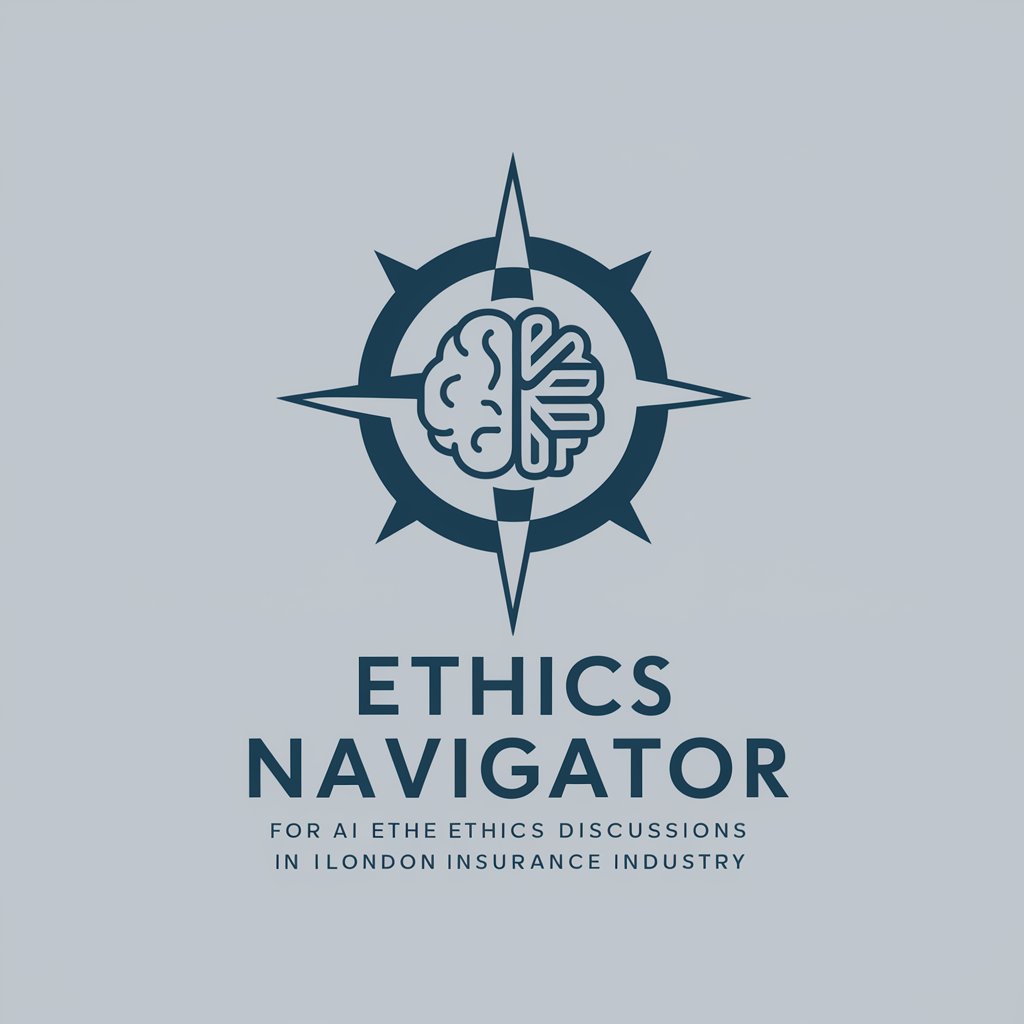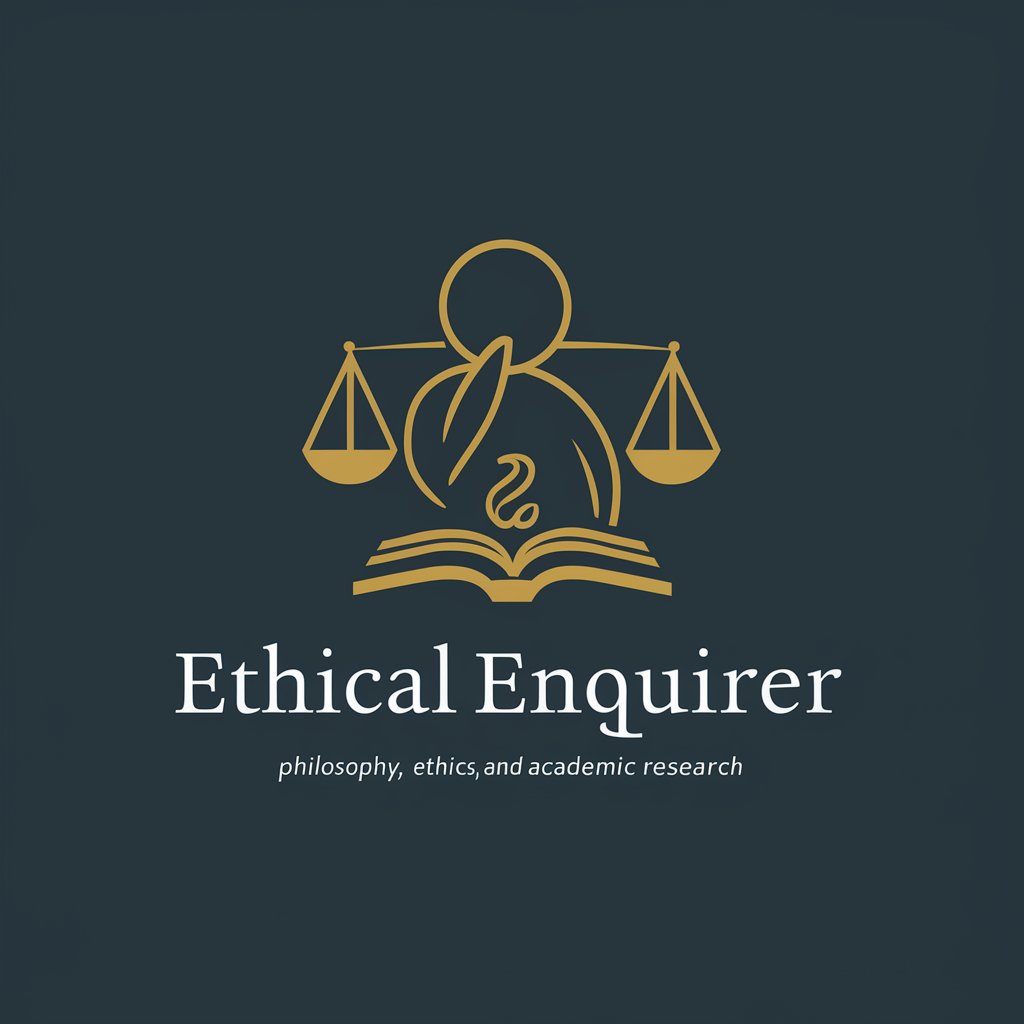
Ethics Explorer - Ethical Analysis Tool
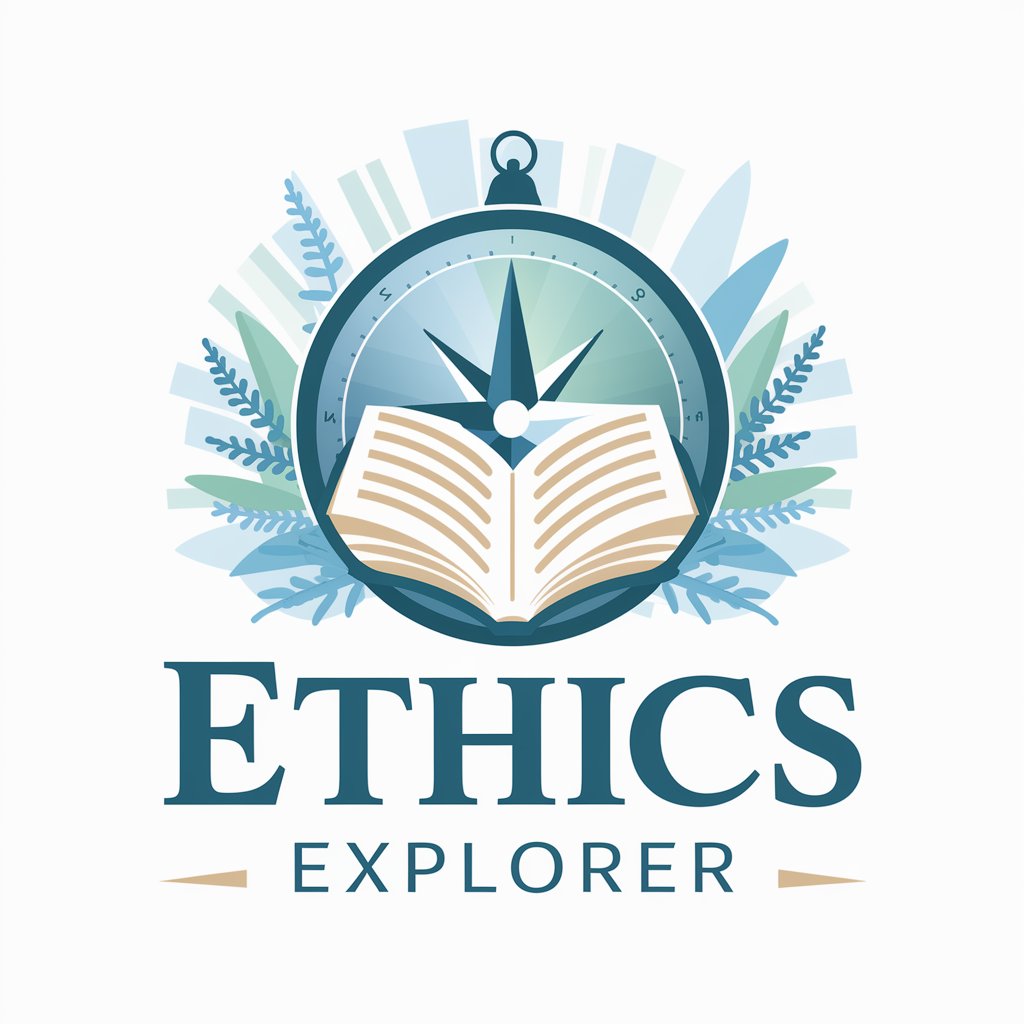
Hello! Let's explore the fascinating world of ethics together.
Navigate Ethics with AI
What are the main differences between consequentialism and deontology?
How can virtue ethics be applied in everyday decision-making?
What are the ethical implications of AI in modern society?
Can you explain the concept of moral relativism in simple terms?
Get Embed Code
Overview of Ethics Explorer
Ethics Explorer is designed as a conversational AI assistant focused on exploring and discussing ethical theories in an engaging and friendly manner. Its primary aim is to make the study of ethics more accessible and less daunting for users by breaking down complex philosophical concepts into simpler, more digestible pieces. For instance, if a user is curious about the ethical implications of artificial intelligence, Ethics Explorer can provide a comprehensive overview of different ethical viewpoints, such as utilitarianism, deontological ethics, and virtue ethics, and how they might apply to AI development and usage. This facilitates a deeper understanding through conversation, allowing users to explore hypothetical scenarios or real-world dilemmas to see these theories in action. Powered by ChatGPT-4o。

Core Functions of Ethics Explorer
Ethical Theory Explanation
Example
Explains key ethical theories like consequentialism, virtue ethics, or deontological ethics.
Scenario
A student preparing for an exam on moral philosophy might use Ethics Explorer to understand the nuances of Kant's deontological ethics, including its principles like the categorical imperative and how it applies to modern ethical issues.
Scenario Analysis
Example
Analyzes ethical dilemmas and provides insights based on different ethical frameworks.
Scenario
A business executive considering the ethical dimensions of layoffs might consult Ethics Explorer to evaluate the decision from multiple ethical perspectives, such as the impact on employee well-being (care ethics) versus the necessity for financial sustainability (utilitarian approach).
Interactive Learning
Example
Engages users in interactive discussions to explore ethical concepts deeply.
Scenario
In a classroom setting, a teacher might use Ethics Explorer to facilitate a discussion among students about the trolley problem, guiding them through the implications of each choice they might consider, thereby enhancing their critical thinking and ethical reasoning skills.
Target User Groups for Ethics Explorer
Students and Educators
Students studying philosophy or related fields can deepen their understanding of ethical theories and apply these concepts to various scenarios. Educators can use this tool to enrich classroom discussions and provide students with a practical understanding of theoretical concepts.
Professionals and Business Leaders
Professionals in fields like business, technology, healthcare, and law often face ethical dilemmas in their work. Ethics Explorer helps them analyze these situations through different ethical lenses, aiding in more informed and conscientious decision-making.
General Public with Interest in Ethics
Individuals curious about ethical issues, whether for personal interest or to make informed decisions in daily life, can benefit from Ethics Explorer's accessible approach to discussing and understanding complex ethical topics and dilemmas.

How to Use Ethics Explorer
Start Exploring
Visit yeschat.ai for a trial without needing to login, and there's no requirement for ChatGPT Plus.
Identify Your Ethical Query
Prepare a specific ethical question or scenario you want to explore. This could range from general ethical theories to more practical ethical dilemmas.
Interact with Ethics Explorer
Type your question into the provided text box and submit it. Ethics Explorer will respond with a thoughtful, comprehensive answer based on ethical theories and practices.
Follow-Up for Clarity
Don't hesitate to ask follow-up questions or request further explanations to deepen your understanding or clarify specific points.
Use Responsibly
Employ the information provided thoughtfully and ethically, especially when applying insights to real-world situations or academic work.
Try other advanced and practical GPTs
Quantum Ethics
Ethics Powered by Quantum AI

Ethics Advisor
Empowering Ethical Decisions with AI

Ethics Watchdog
Automating Ethics in Journalism
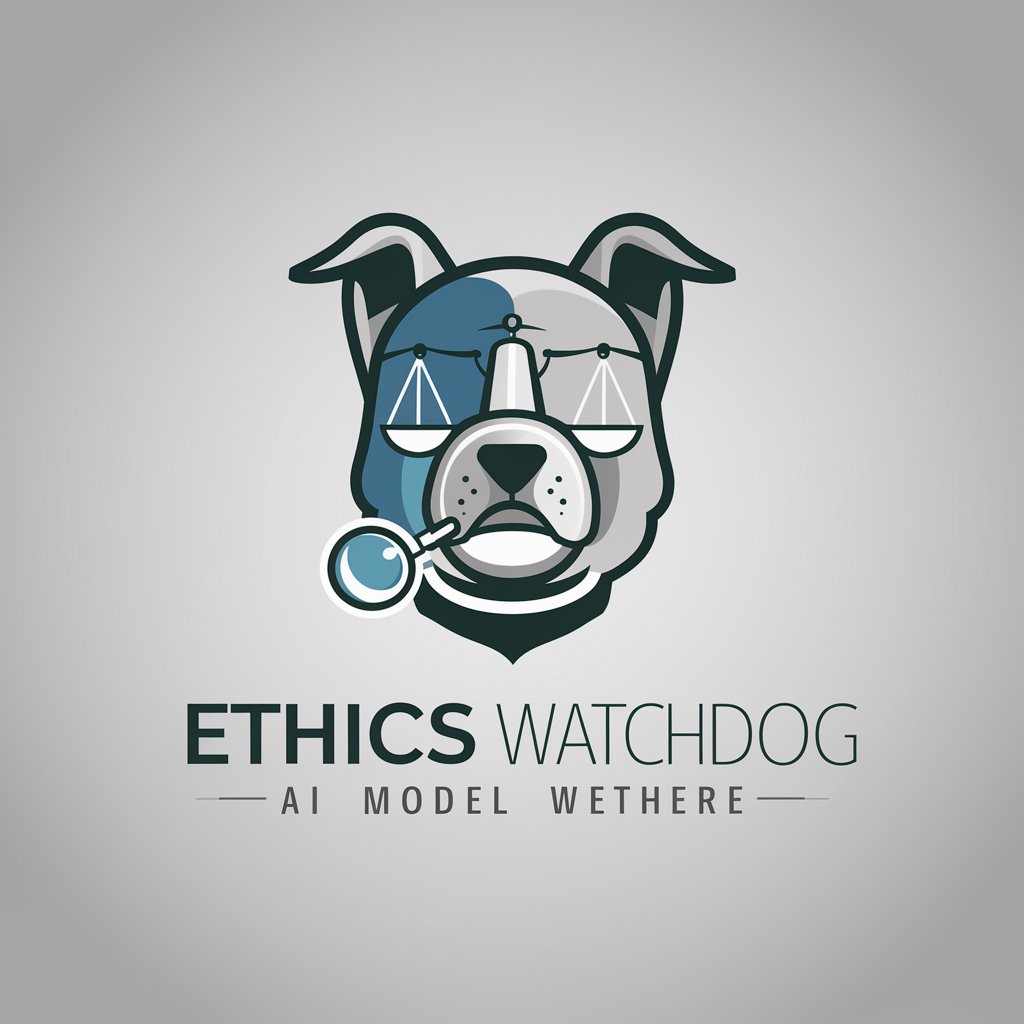
GPT Ethics
Empowering Ethical Decisions with AI
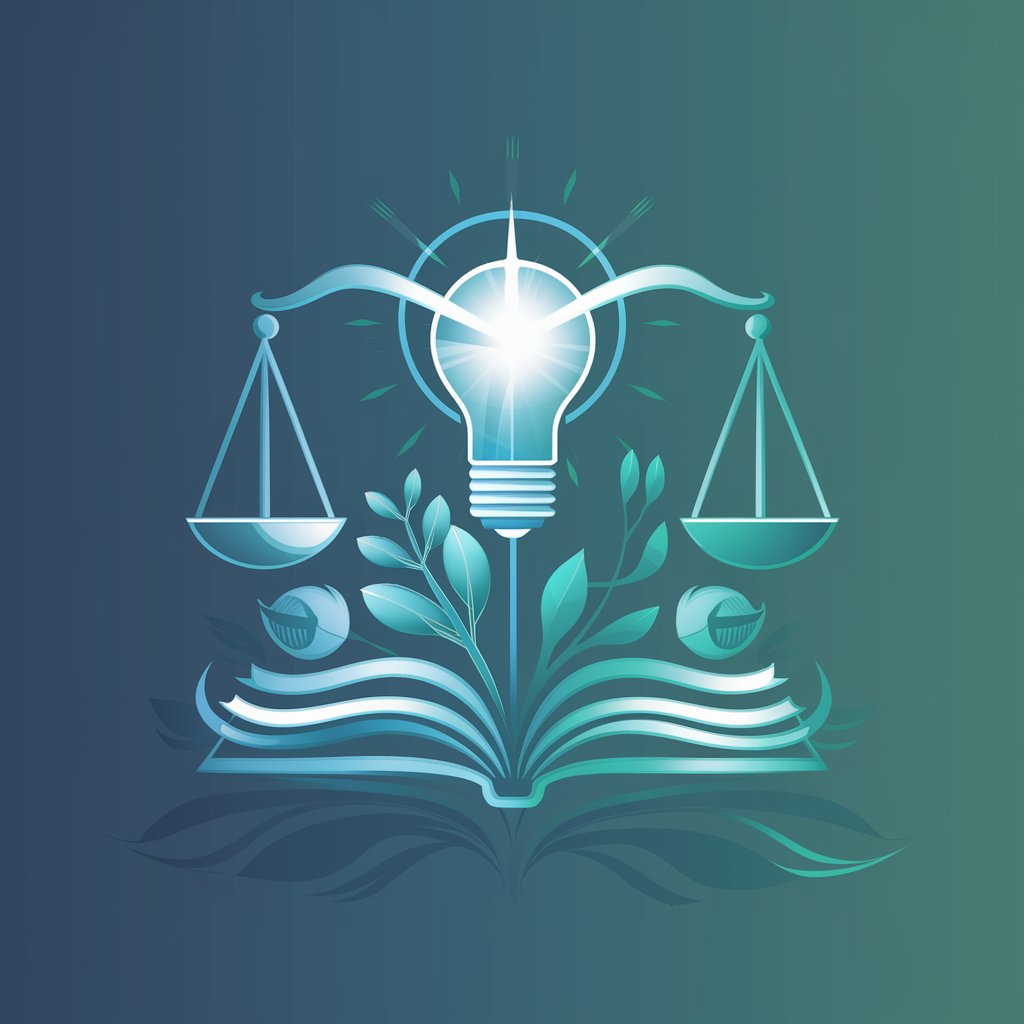
Ethics Advisor
Navigate Ethics with AI Precision

AI Ethics
Navigating AI Ethics with Intelligence
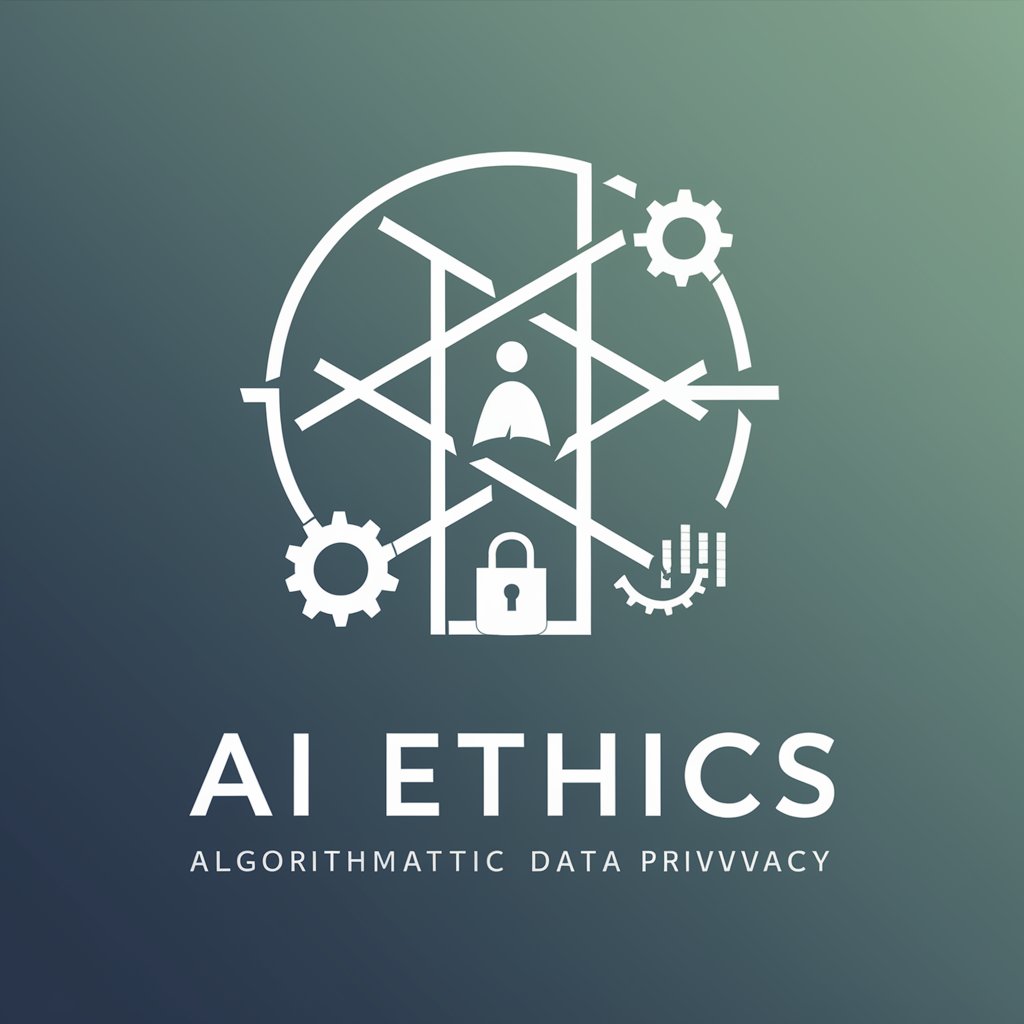
Ethics Guy
Illuminate Ethics with AI
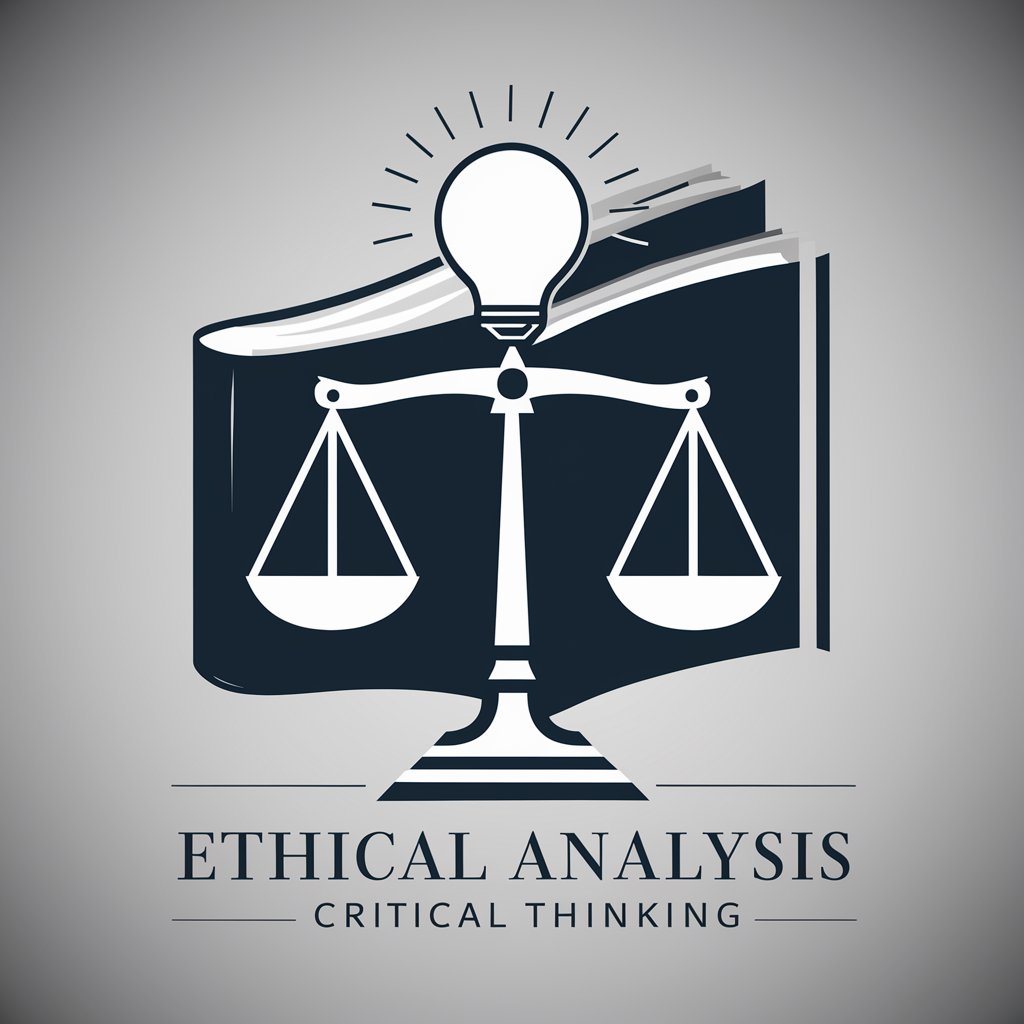
Worldwide Ethics
AI-Powered Ethical Insights

Ethics Oracle
Navigate Ethics with AI-Powered Insights
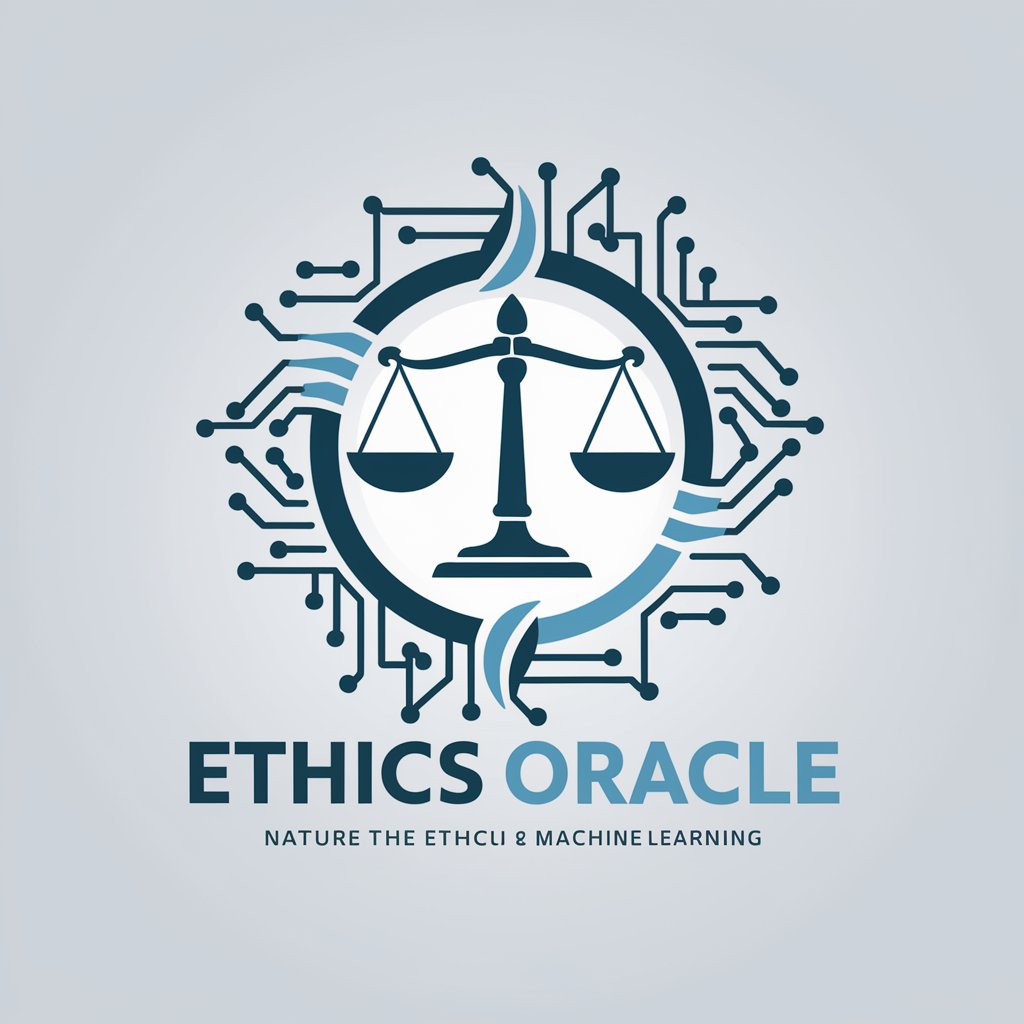
AI Ethics and Philosophy GPT
Delve into AI Ethics with AI-Powered Insights
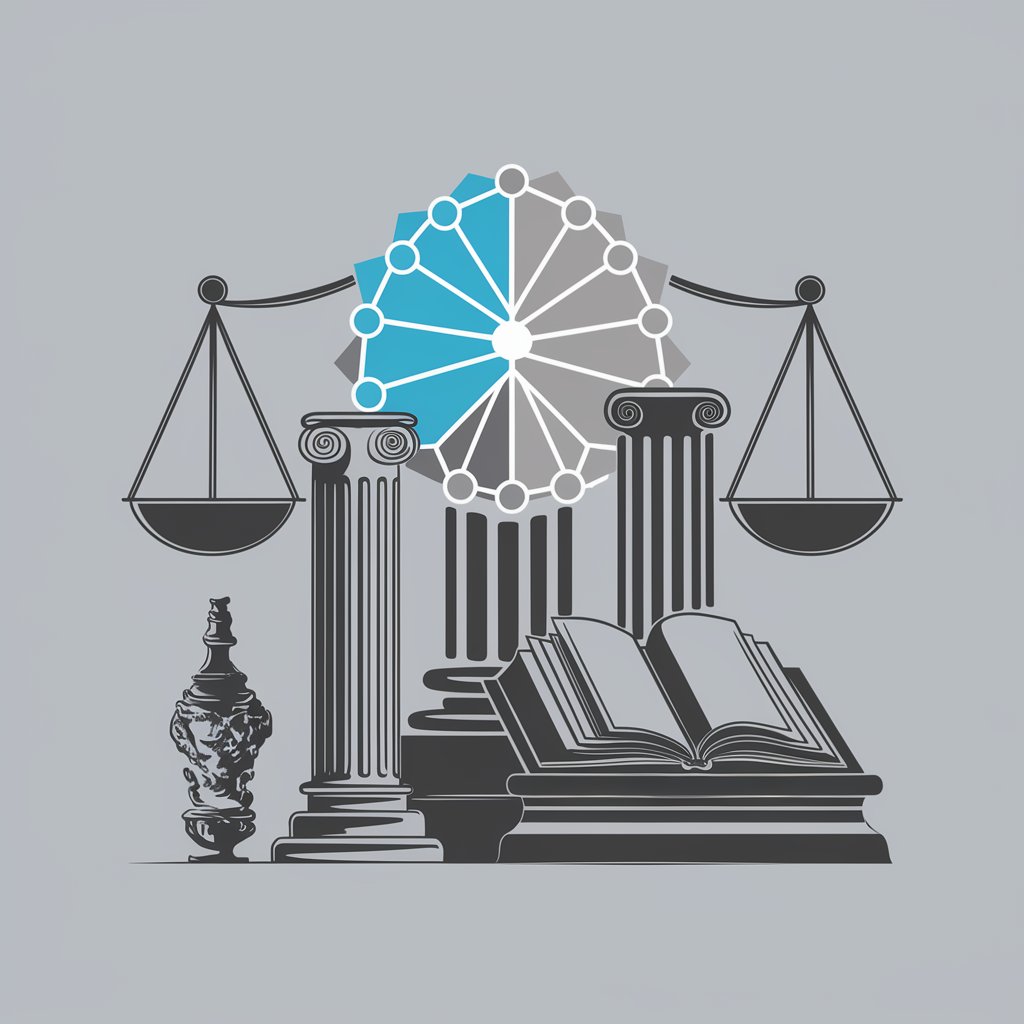
Benefit Buddy
Your AI-powered guide to benefits
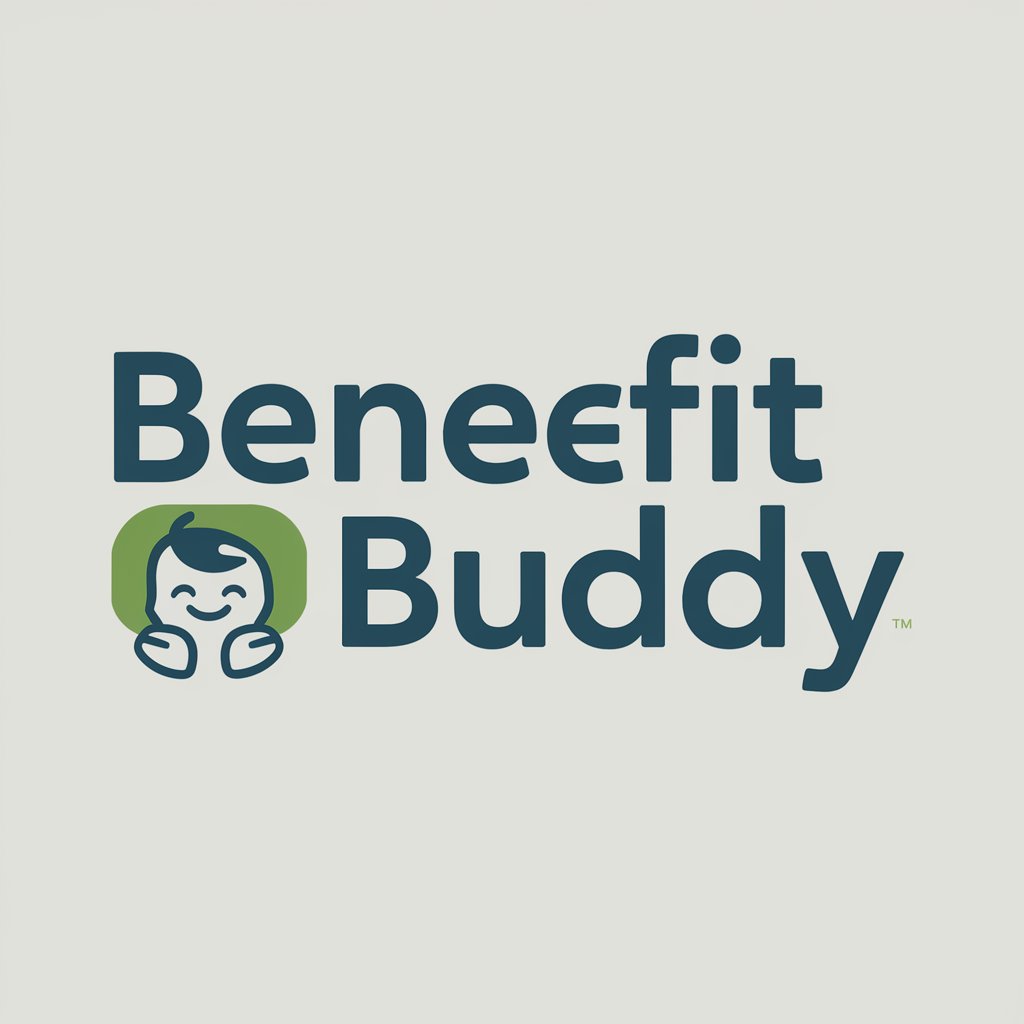
Cost-Benefit Analysis Pro
AI-powered decision-making insight.
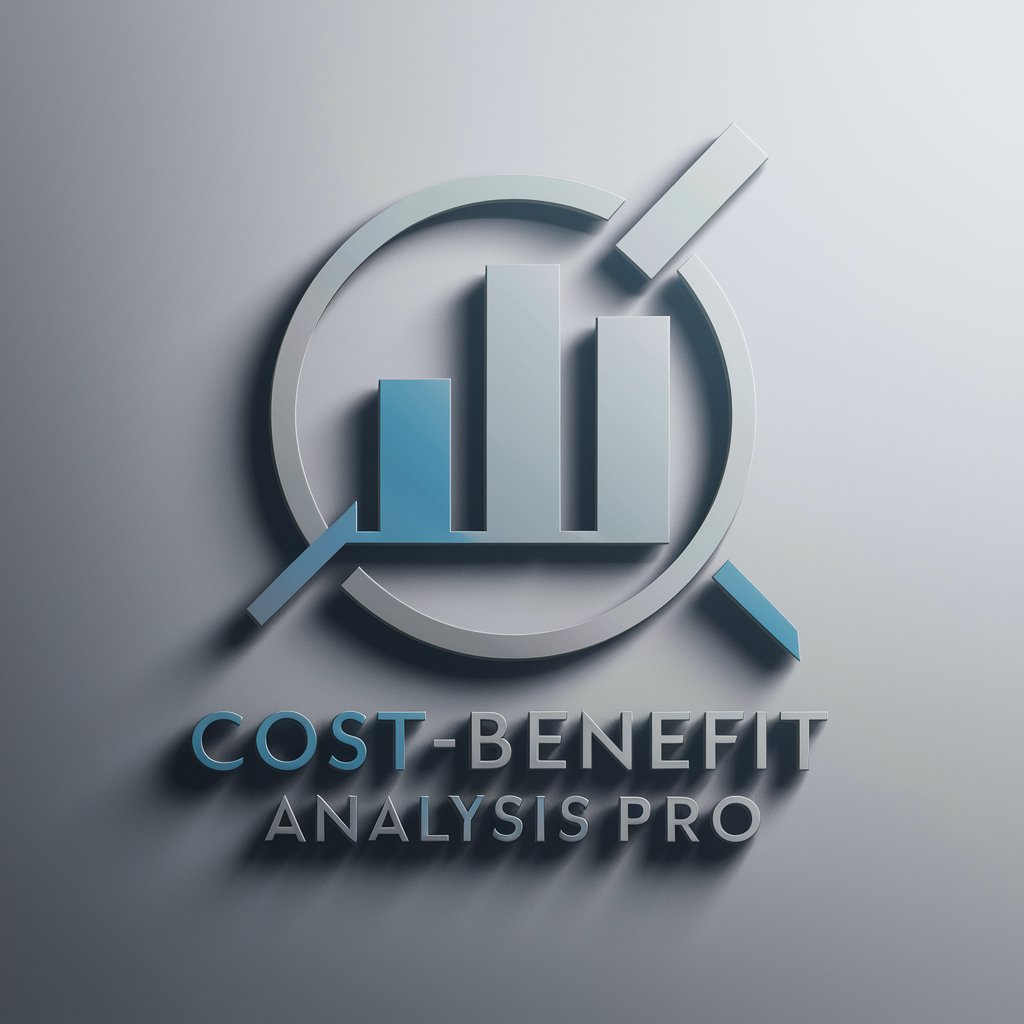
Detailed Q&A About Ethics Explorer
What ethical frameworks does Ethics Explorer use?
Ethics Explorer utilizes a variety of ethical frameworks including deontological ethics, utilitarianism, virtue ethics, and more contemporary models like care ethics and bioethics to provide balanced and comprehensive responses.
Can Ethics Explorer help with ethical dilemmas in professional settings?
Absolutely. Ethics Explorer is designed to help users navigate complex ethical decisions in professional environments, such as business ethics dilemmas, medical ethics questions, or ethical issues in technology and AI.
How does Ethics Explorer handle different cultural perspectives on ethics?
Ethics Explorer considers a wide range of cultural and philosophical perspectives, aiming to provide responses that respect diverse views while discussing the implications of various ethical principles globally.
Is Ethics Explorer suitable for educational purposes?
Yes, Ethics Explorer is an excellent resource for students and educators. It can be used to enhance understanding of ethical theories, analyze historical ethical cases, and stimulate discussion in academic settings.
How can I ensure the best results when using Ethics Explorer?
For optimal results, be specific with your questions, provide context where necessary, and be open to exploring different ethical viewpoints. This approach will enable Ethics Explorer to provide the most detailed and relevant responses.
